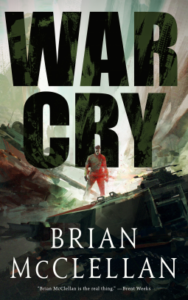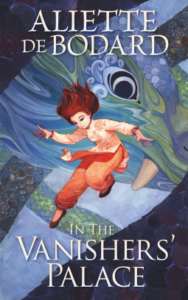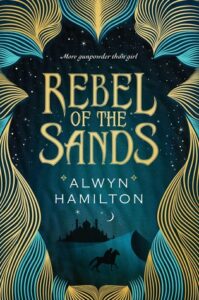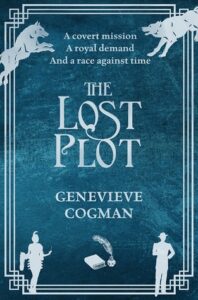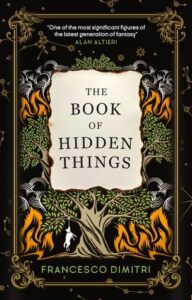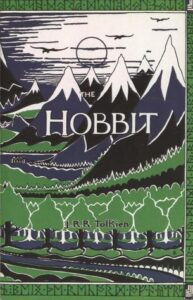 The Hobbit, J.R.R. Tolkien
The Hobbit, J.R.R. Tolkien
A long-time love of mine, I reread this because I wanted the Werther’s Originals taste/feel of the book, because stresss (which is over now, hurrah!). The main charm for me lies in what came of it later, along with the paternal and knowing tone of the narrator. The narrative voice has always felt warm to me — cognisant of the characters’ faults, and sometimes gently pointing them out, but always with a deep good-naturedness. And then, of course, there’s the world: perhaps not quite fully realised by the time of writing The Hobbit, but stretching out before and beyond it, even if the brushstrokes are broad.
There are many things tone-wise that don’t quite fit with The Lord of the Rings, and the text itself was revised to fit in with the later material — but so cleverly, playing with the textual history of the story, tying together the real with the imagined. I love all the things Tolkien did with creating texts within his stories: that too is part of what makes his world real, that there are books and histories that are relevant to the world… there are few people who do it quite as well, and it’s always a delight.
Of the story itself: a rather ordinary middle-class hobbit, comfortable in his world of small social engagements, good food and convenience, ends up swept into an adventure involving trolls, goblins, magic rings and (in the end) a dragon. He’s the most clearly delineated of the characters, with many of the dwarves being mere thumbnail sketches: nonetheless, it works (with one or two dwarves picked out for slightly more detail here and there to keep them from being entirely props, and Gandalf being the enigmatically fascinating sorcerer of somewhat unknown motive in the whole affair). It’s definitely pitched more at children, though there’s something about the tone that I think makes it a delight at any age. As a fantasy book, taken alone, it’s not all that astounding. It mingles some lore together, barely hinting at the more cohesive and seriously built world Tolkien would later introduce to us.
In the end, it’s a typical quest story — it’s Tolkien’s world and his narrative voice that make it for me.

